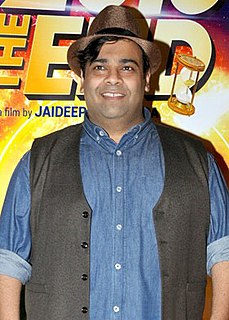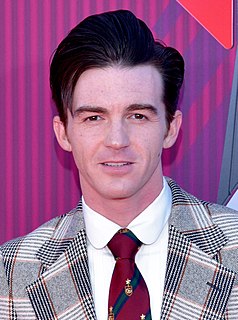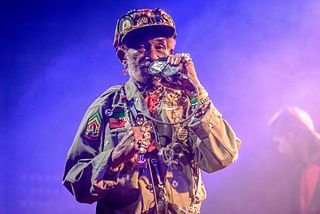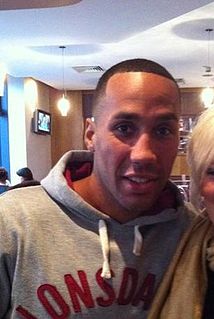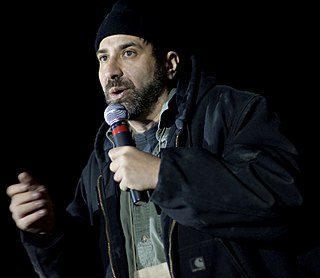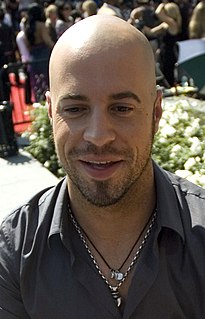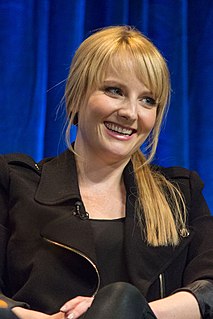A Quote by Kiku Sharda
In a live show, the reaction to our jokes is instant. You know immediately whether the joke is working or not.
Related Quotes
The live audience, just getting an instant reaction off of an audience is the best part[of the show]. Being in the studio and working on your songs and listening to them back and doing all that - it's a lot of fun, but having that instant reaction and being able to work and vibe with an audience is the best part.
When I was working with Barry Sonnenfeld, I'd watch him set up a shot and talk to him about what he was seeing and what it was to shoot comedy. He told me that a lot of times with comedy, it's not just about getting the joke, but getting a reaction to the joke. That's the laugh - it's somebody's else's reaction to the joke.
It shouldn't be so difficult to determine what a planet is. When you're watching a science fiction show like 'Star Trek' and they show up at some object in space and turn on the viewfinder, the audience and the people in the show know immediately whether it's a planet or a star or a comet or an asteroid.
